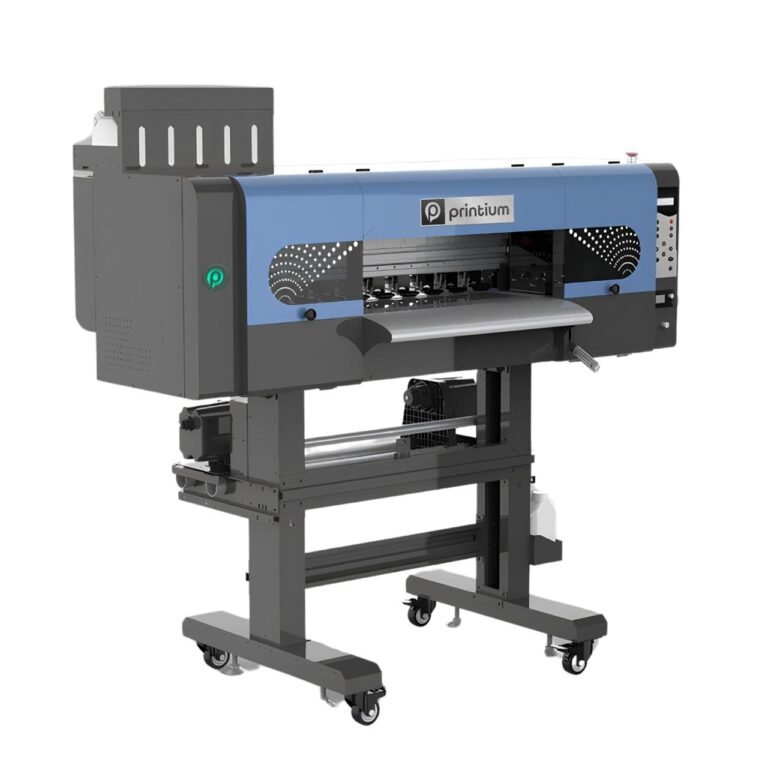Metal Machining Services: An Overview
Metal machining services are a cornerstone of modern manufacturing, providing industries with the ability to create intricate and precise metal components for various applications. Whether in the automotive, aerospace, medical, or energy industries, metal machining ensures that every part is crafted with the highest standards of accuracy and quality. This article provides an in-depth look at metal machining services, the processes involved, the industries that benefit from them, and the advantages they offer to manufacturers.
What Are Metal Machining Services?
Metal machining services refer to the processes used to shape, cut, or finish metal materials into specific forms and sizes. These services typically employ advanced machinery, such as Computer Numerical Control (CNC) machines, to carry out precise operations on raw metal workpieces.
The machining process involves removing material from the workpiece to create a desired shape or surface. It is highly effective for producing parts with complex geometries and tight tolerances, which are essential in industries where accuracy is critical. Some of the most common machining processes include turning, milling, drilling, grinding, and Electrical Discharge Machining (EDM).
Types of Metal Machining Services
There are various types of metal machining services, each designed to meet the specific needs of manufacturers. Some of the key services include:
1. CNC Milling
CNC milling is one of the most widely used machining processes. It involves the use of a rotating cutting tool that removes material from the workpiece, producing custom shapes and parts. CNC milling machines are equipped with multiple axes of movement, which allows them to create parts with complex geometries and intricate details.
Key advantages of CNC milling include:
- High Precision: CNC mills can work to tight tolerances, ensuring that parts are manufactured exactly according to the required specifications.
- Versatility: CNC milling can be used to cut a variety of materials, including metals, plastics, and composites.
- Complex Geometries: CNC milling is ideal for producing parts with intricate features such as grooves, pockets, and holes.
2. CNC Turning
CNC turning involves the use of a rotating workpiece and a stationary cutting tool. The workpiece is rotated while the tool cuts away material to create cylindrical shapes. This process is typically used for producing parts like shafts, spindles, and bushings.
Advantages of CNC turning:
- Speed: CNC turning is a relatively fast process, which makes it suitable for high-volume production.
- Accuracy: The rotation of the workpiece ensures that cuts are precise and uniform, which is crucial for parts like bearings and shafts.
- Cost-Efficiency: CNC turning can be an affordable solution for producing cylindrical components in both small and large quantities.
3. CNC Drilling
CNC drilling involves using a rotating drill bit to create holes in a metal workpiece. CNC machines can precisely control the location, size, and depth of each hole, making this process ideal for applications requiring multiple drilled holes with consistent dimensions.
Key benefits of CNC drilling:
- Precision: CNC drills ensure that each hole is drilled to the exact specifications required.
- Speed: The process is quick, which makes it ideal for high-volume drilling applications.
- Variety: CNC drilling can create holes of different sizes and depths, accommodating various design requirements.
4. CNC Grinding
CNC grinding is a precision process used to create smooth finishes and high-accuracy parts. In this process, an abrasive grinding wheel is used to remove small amounts of material from the workpiece. It is often employed to refine surfaces or achieve tight tolerances for parts like gears, shafts, and bearing surfaces.
Advantages of CNC grinding:
- Smooth Surface Finish: CNC grinding can create ultra-smooth finishes, which is essential for applications where surface quality is crucial.
- High Precision: The process is ideal for parts that require tight tolerances and fine details.
- Versatility: CNC grinders can handle a wide range of materials, including metals, ceramics, and composites.
5. Electrical Discharge Machining (EDM)
EDM is a non-traditional machining process that uses electrical sparks to remove material from a workpiece. It is particularly useful for creating intricate details, complex shapes, and parts made from hard metals that are difficult to machine using traditional methods.
Advantages of EDM:
- Complex Geometries: EDM is ideal for creating parts with intricate details and complex shapes that would be difficult to achieve using conventional machining methods.
- Precision: The process can achieve very tight tolerances and intricate features, which is crucial for applications in industries like aerospace and medical devices.
- Hard Material Capability: EDM is capable of machining extremely hard materials, such as tungsten, tool steel, and carbide.
Materials Used in Metal Machining
metal machining services can work with a variety of materials, each selected based on the specific requirements of the part being manufactured. Some of the most commonly used metals in machining include:
1. Steel
Steel is one of the most commonly used materials in machining due to its strength, durability, and versatility. Steel alloys, including stainless steel, carbon steel, and tool steel, are used in a wide range of applications, from construction to automotive to manufacturing.
2. Aluminum
Aluminum is lightweight, corrosion-resistant, and easy to machine, making it an ideal material for many industries. It is commonly used in aerospace, automotive, and consumer electronics. Aluminum alloys offer a good balance of strength and weight, making them suitable for applications that require high performance while minimizing weight.
3. Titanium
Titanium is known for its strength-to-weight ratio and its resistance to corrosion. It is widely used in industries such as aerospace, medical devices, and marine applications. Titanium is more challenging to machine than aluminum, but with the right equipment, CNC machines can produce parts with high precision.
4. Copper
Copper is highly conductive and resistant to corrosion, making it an excellent material for electrical and electronic applications. Copper alloys are commonly used in the manufacturing of connectors, switches, and other electronic components.
5. Brass
Brass is an alloy of copper and zinc and is known for its excellent machinability and corrosion resistance. It is often used for applications such as plumbing fittings, electrical connectors, and decorative hardware.
Conclusion
Metal machining services are integral to modern manufacturing, offering precise, customized, and cost-effective solutions for producing high-quality parts. With the ability to work with a variety of metals and machining processes, metal machining services can meet the needs of industries ranging from automotive to aerospace, medical to energy. By offering precision, versatility, and speed, these services help businesses meet the demands of today’s competitive marketplace while ensuring the reliability and performance of their products.







